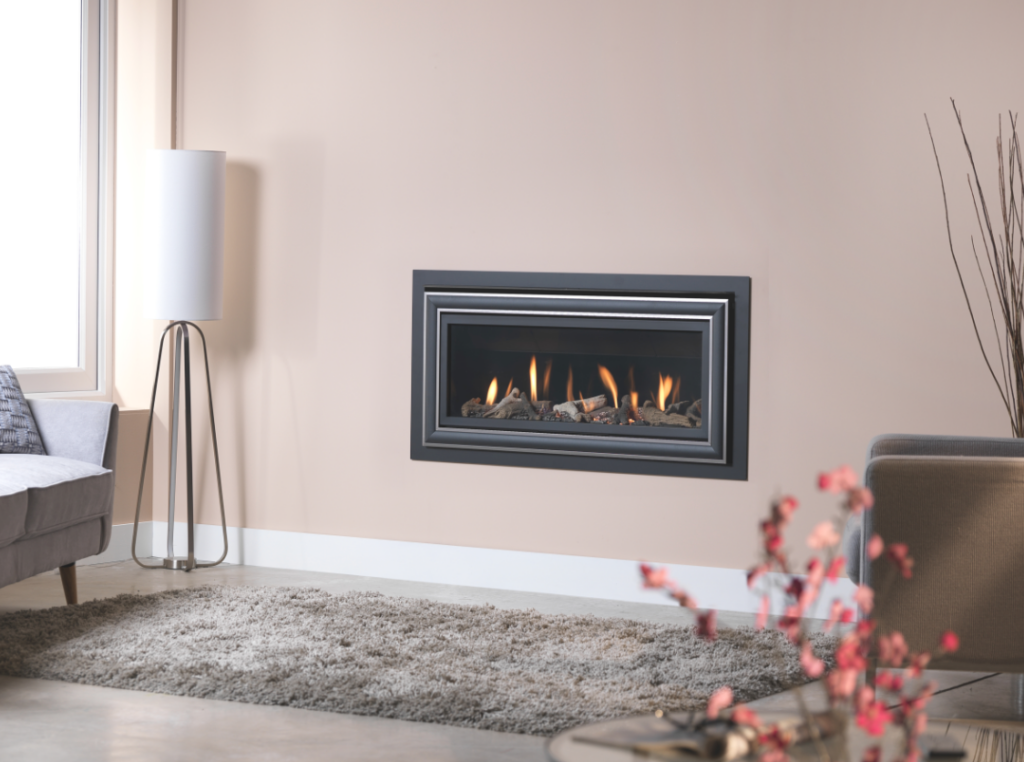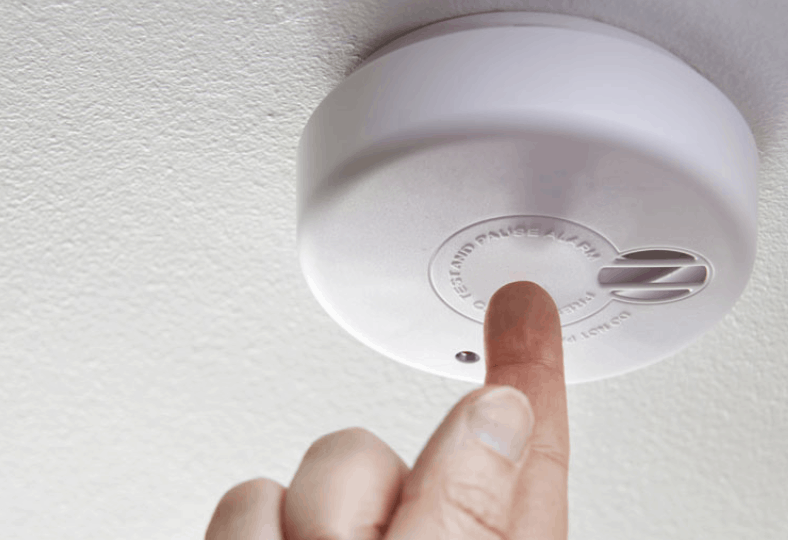Since 1986, we have been at the forefront of improving the technology, efficiency and safety of all our gas fires. All our gas fires (both open-fronted and glass-fronted) have been independently certified to the efficiency requirements of BS 7977-1:2009+A1:2013, which came into force back in 2013. Balanced-flue fires and direct-connection open-flue fires are tested to the latest revision of BS EN 613:2021.
Every Charlton & Jenrick gas fire is designed to the highest standards and tested and approved to UK and European standards. Each gas fire comes with a two-year parts and labour warranty, which extends to a three-year one if you complete your warranty registration details.

Gas Fires – Advantages
Gas fires have a number of benefits, including:
Efficiency – Natural gas is still currently the lowest cost fuel when it comes to comparing kW usage. It is cheaper than electricity, being able to heat a room with less energy demand.
Hassle-Free – Gas fires are considered hassle-free compared to burning wood. While a gas stove generally can’t compare to the satisfaction of burning wood, for those who don’t have the time or inclination – gas (in the form of a gas stove, if one so desires) is the perfect solution.
Smoke Control Areas – Many parts of the UK do not allow burning wood, except for those on specific appliances (such as those found in the Charlton & Jenrick range), and only if you burn the correct type of fuel. A gas fire is not subject to any smoke control rules, which can be appealing depending on where you live. You can learn more about smoke control areas here.
Lower Your Carbon Footprint – Gas emits less CO2 per kWh than electricity, especially so at peak times, such as early evening and in winter. While electric fires can be high efficiency, the nature of gas means you need less energy to heat a room.
Controlling Your Heating – The controllability of gas easily allows you to adjust your heating and warmth in a home – equally so with electricity too, but leaps and bounds ahead of burning wood, where temperature control is naturally not as responsive. Having said that – this is easily forgiven for those that have a specific love and interest for wood burning stoves.
As part of our continued investment in the latest gas fire technologies, we have undertaken in-house testing to allow a selection of our gas range to be ‘Hydrogen blend ready’. This can be achieved without any future upgrades to the appliance, allowing a fire to run on 20% blended hydrogen.

Respect Gas:
Despite our high production standards and warranty terms, and the advantages of modern gas fires, the nature of gas fires means that they still must be serviced regularly. Badly fitted and poorly serviced gas appliances, including gas fires, can cause gas leaks, fires, explosions, and carbon monoxide (CO) poisoning.
By looking after your gas fire and any other gas appliance, you are helping safeguard your home and family. Spotting the warning signs of an unsafe appliance can be the difference between life and death. Here are a few simple steps to follow and things to look out for:
#1 A lazy yellow-orange flame instead of crisp blue ones indicates a problem. This usually means that your burner is not getting enough air for a complete combustion. This wastes gas, adds to higher energy bills, and increases soot. The main danger is the increased amount of carbon monoxide (CO) produced by the poor combustion process.
#2 Use a Gas Safe registered engineer if you suspect a problem – do not try and do it yourself. Call 0800 408 5500 or search for one at www.gassaferegister.co.uk
#3 Only a Gas Safe registered engineer should service your gas appliance. Call 0800 408 5500 or search for one at www.gassaferegister.co.uk
#4 Be aware of the main symptoms of carbon monoxide positioning – nausea, breathlessness, dizziness, headaches, collapse and loss of consciousness.

#5 Fit a carbon monoxide alarm. Check they are marked EN50291 and display the British Standards Kitemark.
#6 Do not block vents during cold weather. The vents are there to help your appliance work correctly and safely.
#7 Make sure you have an annual gas safety check and that appliances are serviced by a Gas Safe registered engineer. If you’re a tenant, make sure your landlord arranges this for you. It’s the law. Check that friends and family, especially if they are vulnerable, have had gas safety checks completed.
#8 Use gas appliances only for their intended purpose. Don’t be tempted to use them for something they weren’t meant for (e.g. using a gas cooker to heat a room).
#9 Spread the word. Share vital gas safety information with friends, family and neighbours to make sure your community stays safe. Learn how to conduct your search and discover some of the more advanced features at the following link: How to find and check the register.
#10 Finally, it’s important that you check if your engineer is qualified to work on the appliance you need serving or help with. For example, natural gas, LPG, domestic, commercial etc. You can check this on the back of their Gas Safe ID card and on the Gas Safe Register website.








